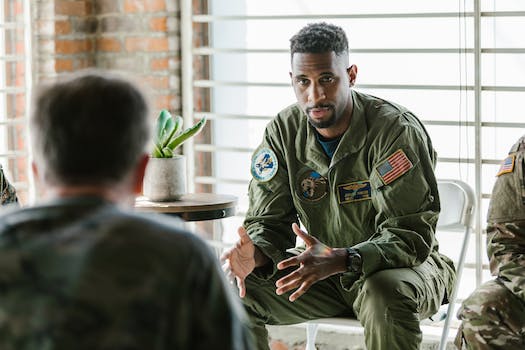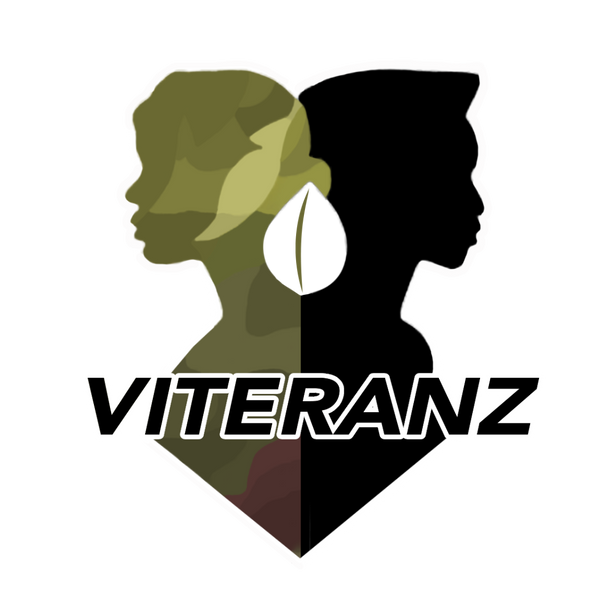
Understanding PTSD: The Hidden Battle Veterans Fight After War
The Unseen Scars of War: PTSD
The Unseen Scars of War: PTSD
The Invisible Wounds of War
As the sun rises, casting a golden hue over the battlefield, the deafening silence that follows a night of chaos is almost eerie. The physical scars of war are evident - the fallen comrades, the injured bodies, the destroyed infrastructure. But there is an unseen, unspoken wound that lingers long after the guns have fallen silent. This wound doesn't bleed, but it hurts just as much, if not more. It's a wound that many brave soldiers carry with them, hidden beneath their tough exterior. This is Post-Traumatic Stress Disorder (PTSD).
PTSD: A Grim Reality for Veterans
PTSD is a mental health condition triggered by experiencing or witnessing a terrifying event. It's a grim reality for many veterans, a shadow that follows them, constantly reminding them of the horrors they've seen and lived through. It's a constant battle, a war within themselves, that they fight every single day.
Triggers and Symptoms of PTSD
Imagine being in a bustling mall, surrounded by the hustle and bustle of everyday life. Suddenly, a loud noise - a car backfiring, a dropped tray - echoes through the air. Most people would jump, startled, and then laugh it off. But for a veteran with PTSD, that sound isn't just a sound. It's a trigger that catapults them back to the battlefield, to the explosive sounds of gunfire and bombs, to the fear and adrenaline that fueled their survival.
PTSD isn't just about flashbacks, though. It's a complex beast that manifests in different ways for different people. Some veterans find themselves plagued by nightmares, reliving their traumatic experiences in their sleep. Others may feel constantly on edge, their bodies stuck in fight-or-flight mode. They may feel detached, numb, unable to connect with their loved ones. They may struggle with guilt, anger, and a host of other emotions that they can't quite understand.
The Isolation of PTSD
Many veterans suffering from PTSD feel isolated and misunderstood. They may feel ashamed of their condition, viewing it as a sign of weakness. They may feel like they're burdening their loved ones with their struggles. They may feel like they're alone in their battle. But they're not.
Treating PTSD: There is Hope
The good news is that PTSD is treatable. Cognitive-behavioral therapy, medication, and other treatments have proven to be effective in managing the symptoms of PTSD. Veterans organizations and mental health professionals are working tirelessly to provide the necessary support and resources for our heroes.
Our Role in Supporting Veterans
As a society, we have a role to play. We need to break the stigma surrounding mental health, especially in the military community. We need to create a safe space for our veterans to open up about their struggles without fear of judgment or ridicule. We need to understand that PTSD isn't a sign of weakness, but a testament to the strength of our veterans. They've been through hell and back, and they're still standing. That's not weakness; that's resilience.
Advocating for Better Mental Health Services
We also need to advocate for better mental health services for our veterans. We need to ensure that they have easy access to the help they need when they need it. We need to stand with them, not just on Veterans Day, but every day.
Remembering the Unseen Scars
As we go about our daily lives, let's remember the unseen scars that many of our veterans carry. Let's remember that their battle didn't end when they left the battlefield. Let's remember to extend our gratitude, our respect, and our support, not just for their service, but for their ongoing battle with PTSD.
PTSD: A Societal Issue
The truth is, PTSD isn't just a veteran's issue. It's a societal issue. It's our issue. And it's high time we face it head-on, with compassion, understanding, and action.
